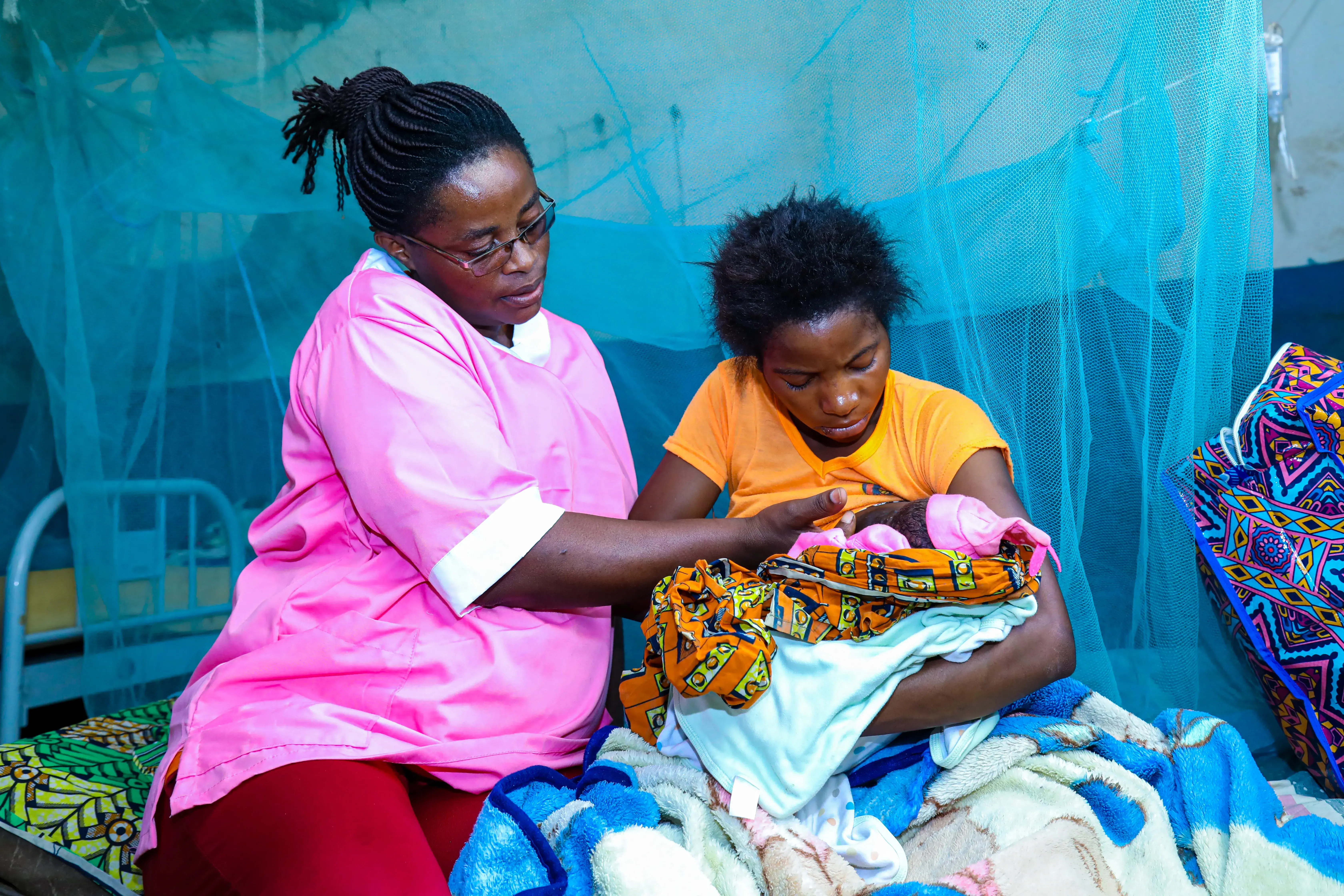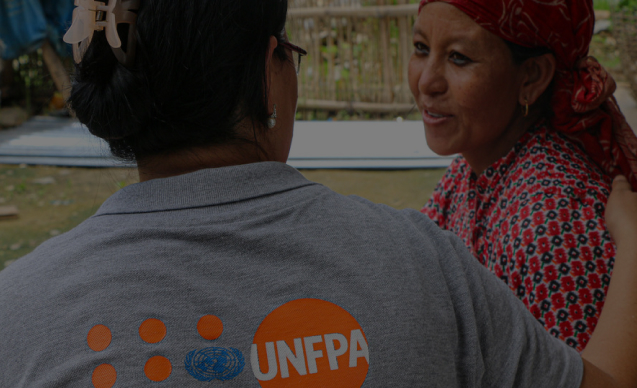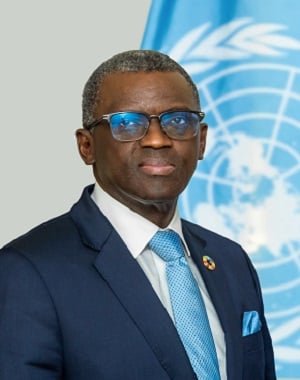UNFPA in the Democratic Republic of the Congo
Our Guiding Principles
- International Conference on Population and Development (ICPD) Programme of Action
- Access to reproductive health services for all
- Equity, gender equality, and women's empowerment
- Partnership with government, UN agencies, civil society, and faith-based organizations
- Sustainable development
- Universality
- Human rights
Our Areas of Intervention
1. Data for Development
UNFPA works alongside the Government to increase the availability and quality of statistical data, and their use in the formulation, monitoring, and evaluation of development policies and programs. In this regard, UNFPA is working to strengthen national statistical capacities for good governance. Current efforts focus on organizing the second general population and housing census, national surveys (including the DHS, MICS, and QUIBB), and establishing an updated database on gender-based violence.
2. Family Planning
UNFPA supports the Government in implementing the national strategic plan for family planning with a multisectoral vision, with the aim of increasing modern contraceptive prevalence from 8% in 2014 to at least 19% by 2020. UNFPA's interventions focus on service provision and demand creation for family planning. Family planning services are provided to the population to save the lives of women and children. UNFPA and USAID are the two leading providers of contraceptives in the DRC. Each year, UNFPA supports the Ministries of Public Health and Gender, Family, and Children in organizing family planning campaigns to increase service utilization.
3. Maternal Health
UNFPA's interventions aim to support the government in its efforts to reduce maternal and neonatal mortality by providing Emergency Obstetric and Neonatal Care (EmONC), family planning services, skilled birth attendance, and a maternal death surveillance and response system. These strategies are supported by a reproductive health commodity security program, as well as advocacy and awareness-raising efforts for free treatment. In addition, UNFPA/DRC has been participating in the global campaign to eliminate obstetric fistula since 2004. Women cured of fistula benefit from social reintegration support.
4. Gender
UNFPA strengthens national capacities to implement international agreements, national laws, and policies supporting gender equality and reproductive health and rights. UNFPA supports the implementation of the national gender policy and the national strategy to combat gender-based violence through preventive interventions, the provision of quality services, and national strategies to combat maternal mortality and early marriage. UNFPA is also involved in the collection, management, and dissemination of data on gender-based violence.
5. HIV/AIDS Prevention
UNFPA supports the national response to HIV by preventing transmission, particularly targeting women, young people, sex workers, men in uniform, and truck drivers. UNFPA supplies the country with male and female condoms and works in partnership with the government and other stakeholders to address major supply chain and logistics challenges. UNFPA supports the Ministry of Health in integrating family planning and HIV prevention services into PMTCT and behavior change communication.
6. Humanitarian Emergency
UNFPA's emergency response includes the provision of emergency obstetric and neonatal care, antenatal care, and delivery and hygiene kits to prevent infections. UNFPA also provides support with equipment and medicines. It supports the training of health providers and midwives in the field. UNFPA supports the provision of family planning services in crisis situations. It also supports data collection in crisis situations.
7. Youth Participation and Leadership
UNFPA partners with young people to help them take part in decisions that affect them and strengthen their capacity to participate in development planning processes and uphold fundamental rights, particularly in the areas of health, education, and employment. UNFPA also invests in young people through information and communication on sexual and reproductive health disseminated through youth associations and networks, as well as social media.
8. Demographic Dividend
UNFPA works in partnership with the government, United Nations agencies, youth associations and networks, and civil society to encourage the adoption of policies conducive to realizing the demographic dividend. These policies include improving access to quality education and decent employment, as well as investing in youth health, particularly sexual and reproductive health.




